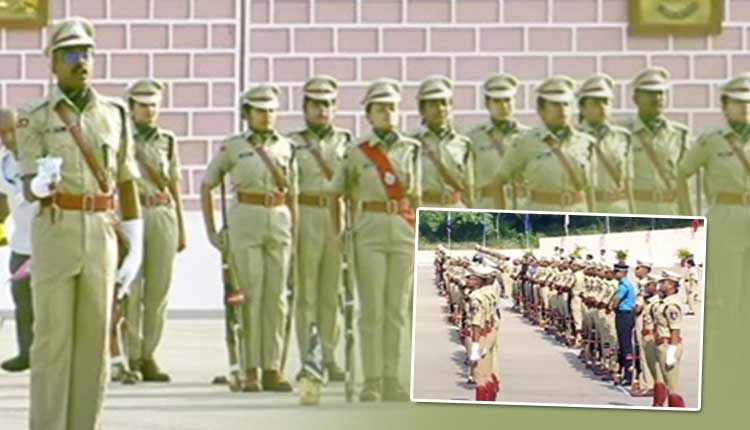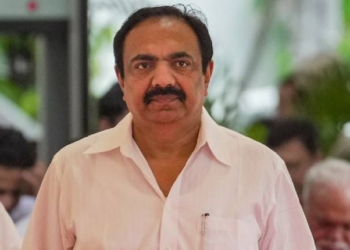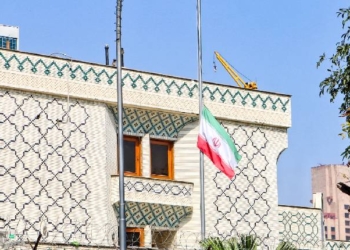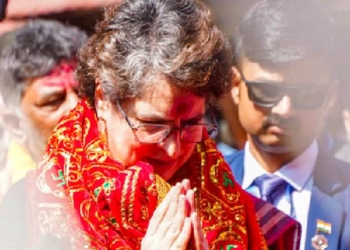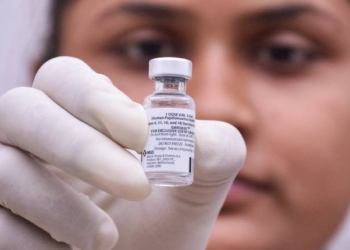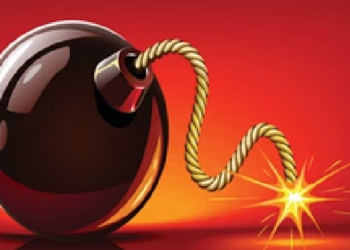Hyderabad: Union Minister of State for Home Affairs Nityanand Rai on Friday told the IPS probationers to be ready to face and handle new challenges, saying cybercrime challenges have been posing a new threat.
Addressing the passing out parade of the 76th batch of Regular Recruits (RR) of the Indian Police Service (IPS) probationers at the Sardar Vallabhbhai Patel National Police Academy (SVPNPA) here, he said while terrorism and Left-wing extremism had been controlled to a large extent, it must be ensured that they are eliminated and do not raise their head again.
“You must be ready to face and handle new challenges pitted against you. The challenge of cybercrimes has been posing a new threat. I believe that you will tackle this with the help of your technical skills,” the minister said.
The batch of 207 officer trainees includes 58 women. The batch includes 188 Indian Police Service (IPS) officers and 19 foreign officer trainees from Nepal, Bhutan, Maldives, and Mauritius.
The Minister told the IPS probationers that the Central government believes that technology will play a vital role in internal security and tackling threats in the digital age. He mentioned that police are now being trained to be technically sound.
The minister said that no investigation shall be confined to a state or a territory. “When an offence takes place, you must go to the roots and origin of it to eradicate it systematically,” he said.
Stating that the country can progress only with peace, he said the young police officers have the responsibility of ensuring peace and harmony.
The Minister stated that with the new citizen-centric laws replacing old ones, officers are trained in the ways of a 21st-century India. “Our Prime Minister believes that you must be proud of where you are from and where you are posted. You must be approachable and address the public with a supportive outlook. I believe that you will quickly adapt your roles and ensure the safety and responsibility of the community,” he said.
NPA Director Amit Garg wished the officer trainees success in their careers. He spoke about the rigorous training they went through at the academy.
Though the 76 RR batch began its journey last year with 219 officer trainees, 12 of them subsequently transitioned into the Indian Administrative Service (IAS).
The officer trainees underwent a training program that included updated Indian laws, investigation techniques, cybercrime, AI, cryptocurrency, and more. Outdoor training focused on physical fitness, weapons training, unarmed combat, field craft, and tactics.
Among the 188 IPS officers, 51 per cent had prior work experience, and 58 per cent held degrees in engineering, law, or medicine. The average age of the batch was 28, with a significant number of trainees hailing from Uttar Pradesh, Rajasthan, and Bihar.
Achyuth Ashok from the Kerala cadre was the Parade Commander for the 76 RR Passing Out Parade.
Vishwajeet Souryan from the Uttar Pradesh cadre was awarded the IPS Association’s Sword of Honour for being the Best Outdoor Probationer. Ayush Yadav from the Haryana cadre received the Tonk Cup for Equitation, while Achyuth Ashok from the Kerala cadre was honoured with the National Forensic Science University (NFSU) Trophy for excellence in Police Science. Sonali Mishra from Uttar Pradesh took home the Manipur Cup for Law, and Faisal Khan from Haryana was awarded the National Crime Record Bureau (NCRB) Trophy for Computer Studies.
In outdoor subjects, Lt. Kinga Tshering from the Royal Bhutan Police was recognised with the BSF Trophy for proficiency, and Lt. Phuntsho Om from Bhutan received both the Director SVP NPA Trophy for Best Lady Probationer in Outdoor Training and the Director’s Trophy for Best Foreign Officer Trainee in Phase-I.
Four of the IPS probationers have been allocated each to Telangana and Andhra Pradesh cadres.
(IANS)




